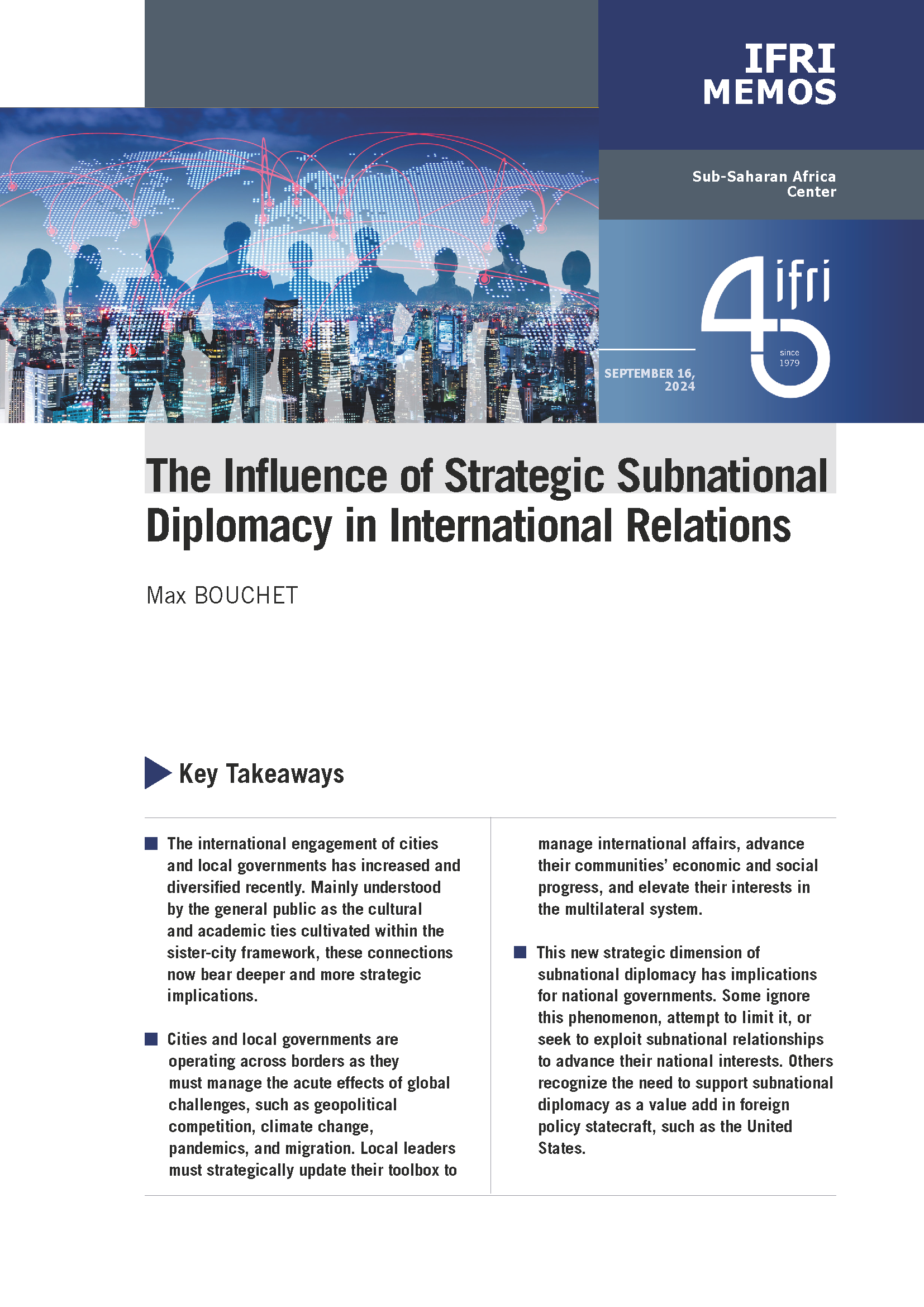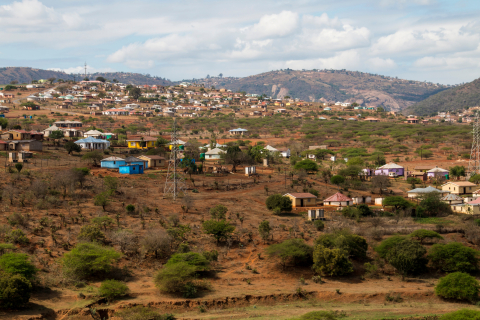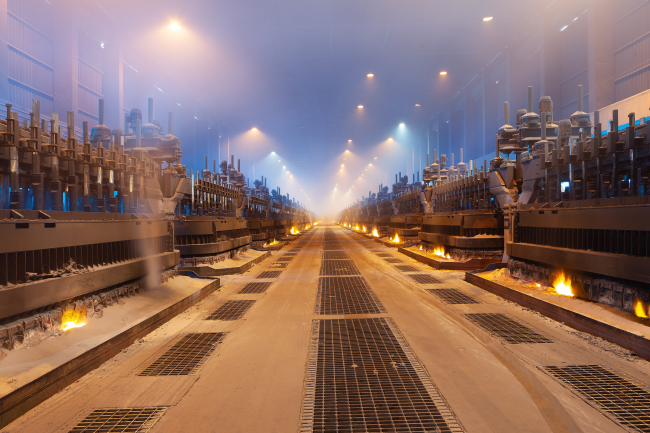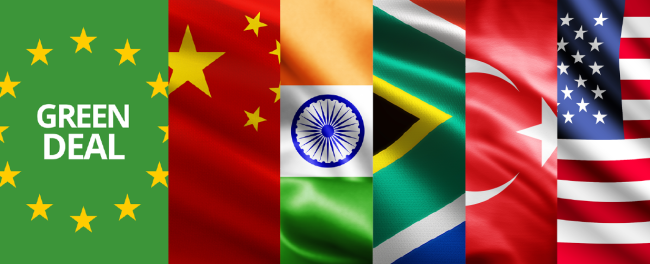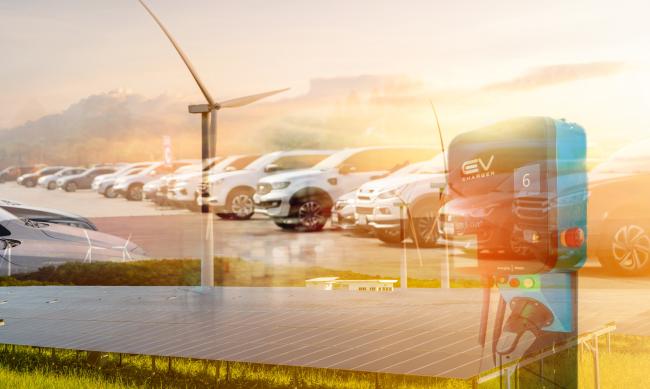The European Commission Energy Green Paper: A Draft to Be Revised

The European Commission has just made public a green paper devoted to its energy and climate policies until 2030.
Presented as a document for discussion the paper is however written in such a way that it may lead to debates avoiding fundamental raised by these policies.
Without trying to enumerate all the remarks that could be made, this note will only consider the main criticisms which the document suggests.
1. If it mentions the decisions taken at the Union level, the text does not describe the probable situation in 2020 which will be the starting point of the 2020-2030 decade.
- The contradictions resulting from the Lisbon Treaty are not mentioned and since any change of the Treaty is out of question the text does not discuss the adaptation problems which are the consequences of this situation for Community actions.
- The European rules are supposed to lead to the announced targets when such an assumption only partially corresponds to reality.
- The divergences between the Member-states policies and the inconsistencies of these national policies are important for European policies (for instance, several states want to limit the growth of energy retail prices for social reasons while their general energy policy has a negative impact on the costs (correctly computed) of the energy supply).
- The document does not take into account the present international context with respect to actions concerning climate change, though this context is not favourable to the attitudes adopted by the Union.
2. The document does not underline the importance for European growth recovery of economic efficiency and hence of the costs (correctly computed) of the energy system. When the document mentions cost effectiveness it refers to the efficiency of the tools selected to reach the objectives but it does not consider the overall cost of pursuing objectives which could be adapted in view of the socio economic situation of the Union.
3. The UE has tried to become a world leader in the fight against climate change. It has not been a success, which is not surprising since the Union represents only 11 % of the world emissions, with the weakest economic growth rate of all the main world regions. This attitude has to be revised. Europe must make efforts in proportion with the efforts made by the rest of the world. The EU should be careful not to take measures endangering the competitiveness of its industry and avoid carbon leakages.
The 2030 objectives must be based on this redefinition of the European strategies. In the road-map, objectives should not be defined independently, from the state of the world and from the socio-economic situation in Europe.
4. As for renewables, they have to be developed now on the basis of the balance of benefits and costs, while taking into account the investment necessary to compensate their intermittency.
Since, in the field, the member-states are free to define their capacity investments, they have to assume the consequences of their choices and avoid to inflict on other member-states diseconomies resulting from their choices.
The thesis of the Commission according to which it tries to implement an internal market of " perfect competition " for electricity and gas is an illusion within the rules of Lisbon Treaty.
Before defining any programme for the 2020-2030 decade, it is necessary to redefine the European objectives
5. For the energy efficiency objective, it must be stressed that the quest for improvement is subject to the fact that future energy savings are greater than the costs incurred to obtain them. If not, this policy will have a negative impact on the welfare of European societies.
These are the fundamental questions raised by the green paper. They have to be discussed before dealing with the more limited topics raised by the Commission.
Related centers and programs
Discover our other research centers and programsFind out more
Discover all our analysesThe Aluminum Value Chain: A Key Component of Europe’s Strategic Autonomy and Carbon Neutrality
The United States of America (US), Canada and the European Union (EU) all now consider aluminum as strategic. This metal is indeed increasingly used, especially for the energy transition, be it for electric vehicles (EVs), electricity grids, wind turbines or solar panels.
The EU Green Deal External Impacts: Views from China, India, South Africa, Türkiye and the United States
Ahead of June 2024 European elections and against the backdrop of growing geopolitical and geoeconomic frictions, if not tensions, between the EU and some of its largest trade partners, not least based on the external impacts of the European Green Deal (EGD), Ifri chose to collect views and analyses from leading experts from China, India, South Africa, Türkiye and the United States of America (US) on how they assess bilateral relations in the field of energy and climate, and what issues and opportunities they envisage going forward.
Electric Vehicles: A Strong and Still Understated Performance
Electric vehicles (EVs) are better for the climate – even in worst-case scenarios. Across its life cycle, a typical European electric car produces less greenhouse gas (GHG) and air pollutants or noise than its petrol or diesel equivalent. Emissions are usually higher in the production phase, but these are more than offset over time by lower emissions in the use phase. According to the European Environment Agency’s report on electric vehicles, life cycle GHG emissions of EVs are about 17-30% lower than those of petrol and diesel cars.
How Can the Green Deal Adapt to a Brutal World?
The European Green Deal has not been planned for the current extraordinarily deteriorated internal and external environment. Russia’s war in Ukraine, higher interest rates, inflation, strained public finances, weakened value chains, and lack of crucial skills pose unprecedented challenges.


